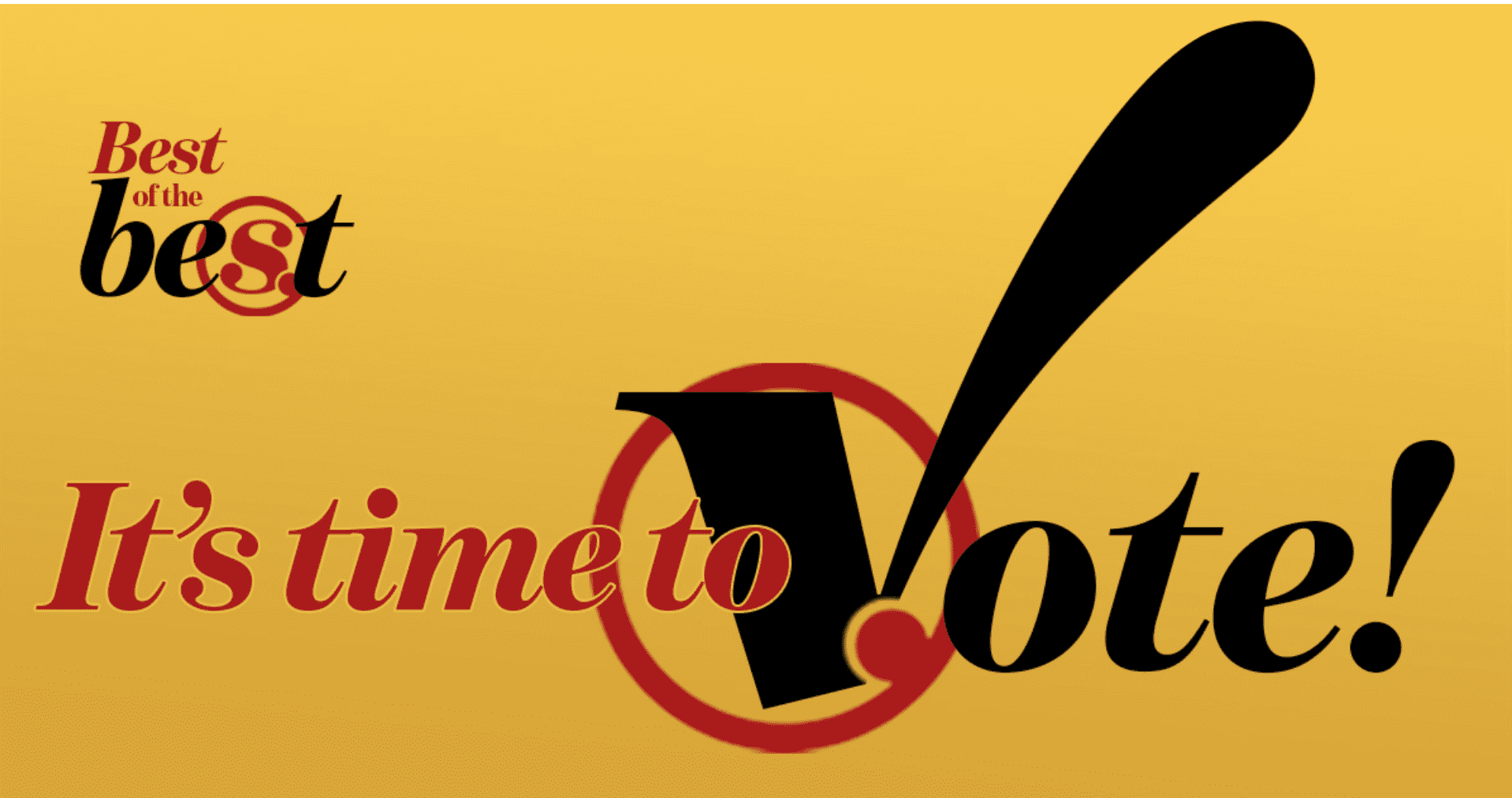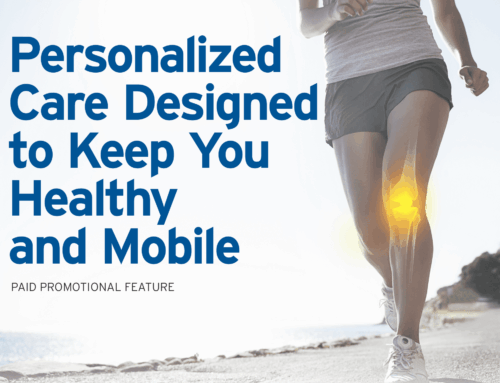By Akers Editorial
Dealing with dehydration
Beer and baseball at your next BBQ? Not so fast!
Story: Joy Stephenson-Laws
If you’re like 90 percent of Americans who drink, you’ll be enjoying your favorite distilled beverage outdoors this summer. According to research, the most popular venue for outdoor drinking, hands down, is the barbecue with a vote of 65 percent. The other 35 percent imbibe at picnics, pool parties, summer festivals, and outdoor concerts. Most likely, you’ll also enjoy some friendly competitive sports during this time too.
No matter what physical activities you do outdoors, they have some things in common: You get sweaty, thirsty, and hungry, and maybe sore muscles if you’re not in good shape and probably fatigued.
Another commonality is many participants have a cold beer or other alcoholic drink afterward (or during) to cool down, quench thirst, and enhance the camaraderie.
What could possibly be wrong with this? More than you think.
Activity and alcohol don’t mix
Whatever your adult beverage of choice is, imbibing during or right after physical activity wreaks havoc on your body and negates the physical benefits of exercise. This is the result of even moderate amounts of alcohol magnified by hot sun and strenuous activity.
They include the following:
• Accelerated dehydration
Along with other beverages such as coffee, alcohol has a diuretic effect on your body. This means your body eliminates more water than it should. In one study when drinks containing 4 percent alcohol were ingested following exercise, there was an increase in urine output and a delay in the recovery rate of blood volume.
And if it’s hot or humid, you lose more fluid through sweating. In addition, alcohol reduces blood volume, which makes it harder to get oxygen and fuel to your muscles, causing cramps.
How serious is dehydration? Water is the only nutrient whose absence can cause death within days. The majority of us—up to 75 percent by some reports—are dehydrated to some extent and don’t even know it. When you add sweating from activity along with the dehydrating effect of alcohol, you may see people fainting or getting sick.
- Decreased muscle/physical performance
If you drink while playing, your muscles aren’t able to recover in “real time” and your performance begins to deteriorate faster than it normally would. So that slide into home plate that was so easy in the first inning won’t be so easy after a couple of beers. Your muscles also won’t be able to use glucose to make energy as efficiently as when you have no alcohol in your system, so you’ll probably get tired more easily.
- Slower recovery from injuries
The impact of drinking alcohol during or right after playing sports lasts longer than your barbecue will. In addition to affecting how well and how long you play it makes post-exercise recovery a lot harder by slowing your body’s natural repair processes by inhibiting the ability of specific hormones to do their jobs.
But the damage doesn’t end there. If you have any soft tissue injuries—twist an ankle in the three-legged race or get hit by a ball—alcohol consumption may delay recovery. And, since alcohol dilates blood vessels, it may cause worse swelling.
- Sleep disturbances
Research indicates drinking alcohol after physical exertion makes it harder to get a good night’s sleep, leaving your fatigued, making it more difficult for your body to recuperate.
- Increased risk of cardiovascular problems
Recent research suggests that drinking after strenuous physical activity increases the risk of unusual heart rhythms and may increase the risk of blood clot.
Theirs is good news if you’re proactive:
Rehydrate, replenish, wait, partake
To enjoy both the sporting activities during your next outdoor festivities and the postgame libations, here are some easy steps to follow:
- Wait. Since your body needs only about half an hour to do most of the recuperation and muscle repair it needs after a softball game, wait before enjoying your beer.
- Rehydrate. It’s critical to replace fluids lost, even if you’re not thirsty, during physical activity through sweating and your metabolism. While water is the to rehydrate, there’s also coconut water, eating watermelon or other fruits and vegetables.
- Replenish. Physical activity depletes carbohydrates, vitamins, minerals, proteins, and electrolytes, which are needed to recuperate. To replace these, try sports drinks, chocolate milk, and even non-alcoholic beer. Read labels and watch for sugar.
By waiting a bit to have an alcoholic beverage, replenishing fluids, and nutrients sweated out during a game, you protect your health and perform better at any outdoor activity.
Enjoy your healthy life!
About the writer
Joy Stephenson-Laws is an author and founder of Proactive Health Labs (pH), a revolutionary health-care company that provides consumers with the information and needed to achieve optimal health.







